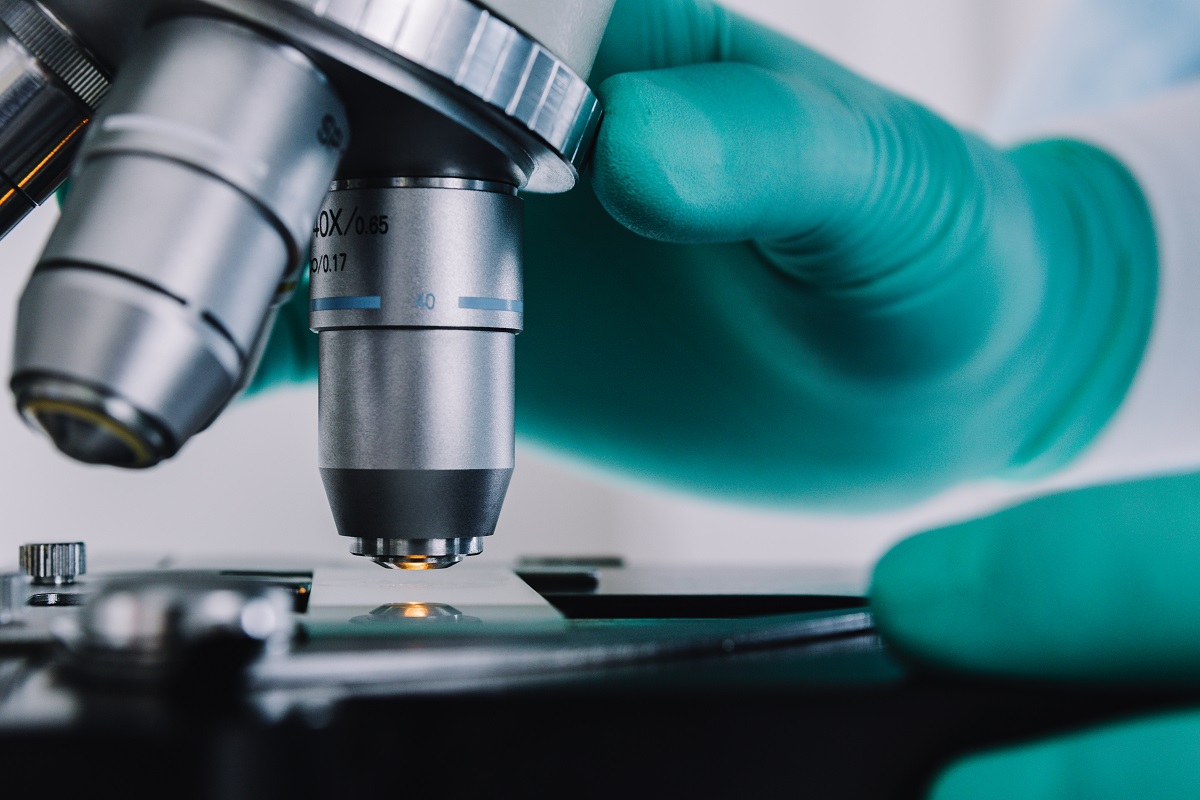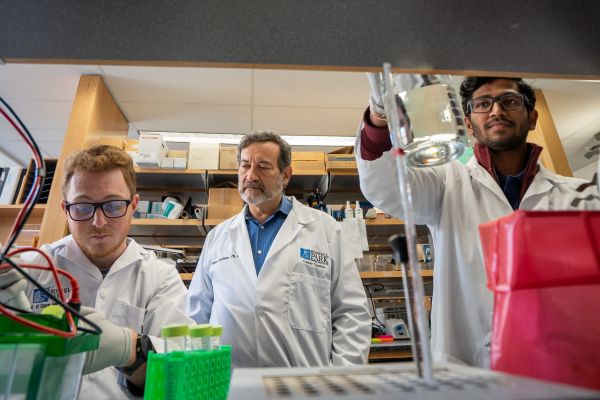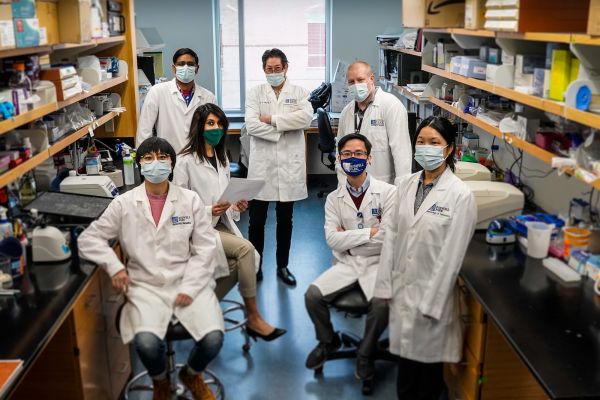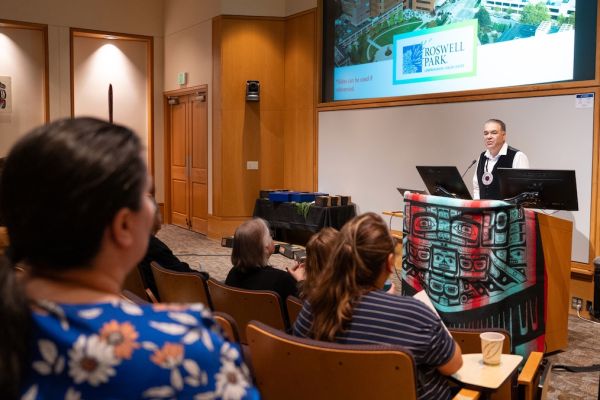Molecular mechanisms of cancer progression and metastasis
The primary goal of the Bakin Lab is to identify therapeutic targets and translate our discoveries to the clinic for effective treatment of patients with aggressive cancers such as metastatic breast and gastrointestinal cancers.
Novel therapeutic approaches targeting p53 mutant cancers
Research in the Bakin Lab focuses on defining mechanisms of tumor progression and uncovering novel targets for treatment of metastatic tumors.
Our recent studies in colon, pancreatic, and triple-negative breast cancer have revealed remarkable new insights into the role of thymidine/deoxyuridine analogs and PARP inhibitors in DNA dysregulation.
This translational research has moved into clinical investigation with a Phase I trial for the drug combination of talazoparib and trifluridine/tipiracil in patients with colorectal or gastroesophageal cancer.
See the scienceRead the researchMeet our teamA look inside
Poster presentations at the AACR 2024 Annual Meeting
Mohammed Muharrab Alruwaili, MS, ASCP, predoctoral trainee in the Bakin Lab, presented Novel therapeutic approach for targeting p53 mutant colorectal cancers by affecting post-replicative DNA repair (Abstract 7590/17), for which he is first author.
First author Priyanka Rajan, predoctoral trainee in the Bakin Lab, discussed a study showing that blockade of p38 MAP kinase reduces the immune-suppressive microenvironment in metastatic breast cancer. Her presentation is The role of p38 MAPK in the tumor-induced immune suppressive microenvironment in metastatic breast cancer (Abstract 5536/25).
Faculty affiliations
In the news
Connect with the Bakin Lab
Department of Cancer Genetics & Genomics
Roswell Park Comprehensive Cancer Center
Elm and Carlton Streets
Buffalo, NY 14263








